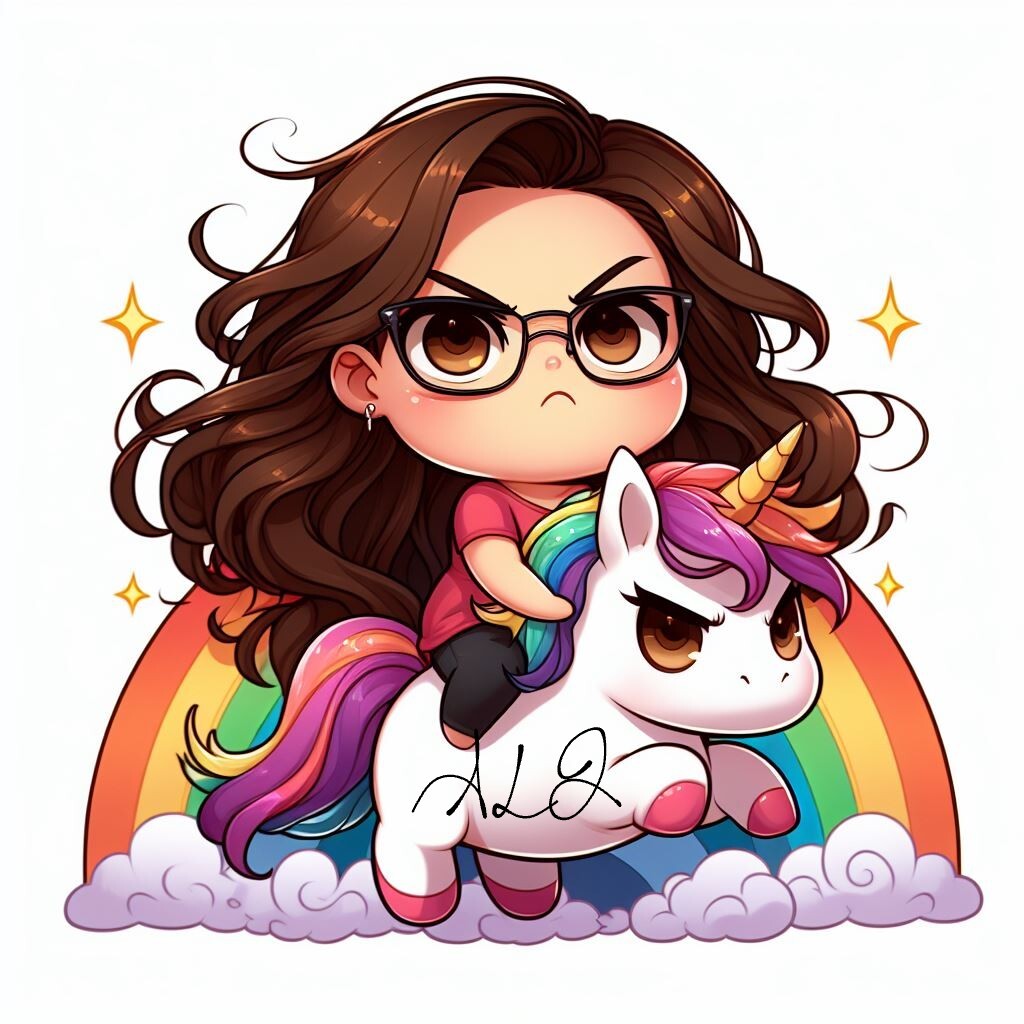Shhh! Nobody tell them about “inside out.”
Why isn’t it outside in?
It could be to do with something called “ablaut reduplication”. Very basically English has a - kind of - untaught sound order that native speakers inherently apply to the language. Wikipedia will have an article to explain it better. Specifically the vowel order I-A-O. A great example is the phrase “Bish bash bosh” which is getting coverage recently. (One notable exception is “shit, shower, shave” but that is probably down to the chronology of the actions.)
Spot on insight :)
Wait until you learn the news is new.
Walking backwards is also called “penis-side butt” in some languages.
How else would one interpret it?
It’s not really that I interpret it in another way, but I never really thought about the structure of the word 😅
Go further. For example, people say ‘gypped’ without knowing it’s a pejorative reference to the word ‘Gypsy’ which is itself a pejorative of the Romani.
I remember learning this about 20ish years ago and telling my then-sister in law about it when I explained why I wasn’t going to use it anymore. I got told I had a stick up my ass, and this was by a marginalized (gay, immigrant) woman. (Somewhat unrelated note - very grateful she’s a former relation.)
So glad people have been learning and I’ve been hearing “gypped” less and less in recent years.
Some words have simply entered common use and become decoupled from their former meaning. Maybe your acquaintance was right.
Seems like Orwell was right
And the Egyptians, too!
TIL that people didn’t get this. I had a similar situation where I would pronounce unleaded as unleeded
Oh, I used to do this all the time. You see a word in print, but you never hear anybody say it, so you wind up pronouncing it wrong.
I think the best was when I pronounced “misled” as my-seld because I thought it was the past tense of “misle”.
The letter W is both called “double-U” and looks like two letter Us combined (in some curvy fonts at least)
In my language it’s called double-v, which makes so much more sense to me.
Apparently “W” was originally written as “uu” as early as ~600AD, hence the name, however it still used Latin/Roman letters which hadn’t yet distinguished between u and v as letters. For at least 700 years, u and v appear to have been considered the same and interchangeable (so "Double U " could look like “uu” or “vv”) but it depends on your language whether it was verbally called a “U” or a “V” until the first recorded distinction between the two in a Gothic era alphabet written in 1386. The two apparently did still see some overlap in use until about the 1700s with the turning point appearing to be when the distinction between their capital forms was accepted by the French Academy in 1726.
tl;dr: “Double U” predates the distinction between “U” and “V” so it’s up to chance which letter a language called it before it stuck.
Does “right-side up” mean the right side is up or the “right” side is up? English does not make sense
also hi binette
Right as in correct.
hi nww :D
Right as incorrect.
Stupid english
Totally. The right hand I use to write with is not my right hand, it’s my left (averechts, if you will)
I’m my language it’s “bottom up” (ondersteboven).
Also came to a similar realization in my language with “averechts”, which means the other way around.
Rechts = right (side, from my pov)
Averechts = ave ( dialect for “your”) right side.
You’re basically communicating “my right or your right”. Asking for right or left can be done by saying rechts or averechts.
Also besides ondersteboven and averechts, we have achterstevoren, which means back side in front.
Nice one, a bit like right vs stage right








